Sustainability
Sustainable for people and planet
We believe that the health of our society is linked to the health of our planet. That's why we choose to select the best possible solutions based on data and science, taking responsibility for the environmental impact of our products.
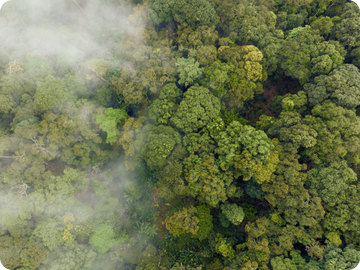

Data-driven (LCA*), not trend-driven
Life Cycle Analysis (LCA)
Through detailed analysis, we can identify the sources of our emissions. We know which materials to use and have data on how to reduce our environmental impact (e.g., by offering larger packaging).
In collaboration with the College of Chemical Technology, the detailed LCA aligned packaging materials, shipping boxes, package size, package filling, shipping method, tape, and even the environmental impact of the label.
We measured 28 environmental indicators.
We decided not just to do the popular, marketing-driven "sustainable" things, but to actually minimize our environmental impact. We not only reduce CO2 emissions, but we measure a total of 28 environmental indicators.
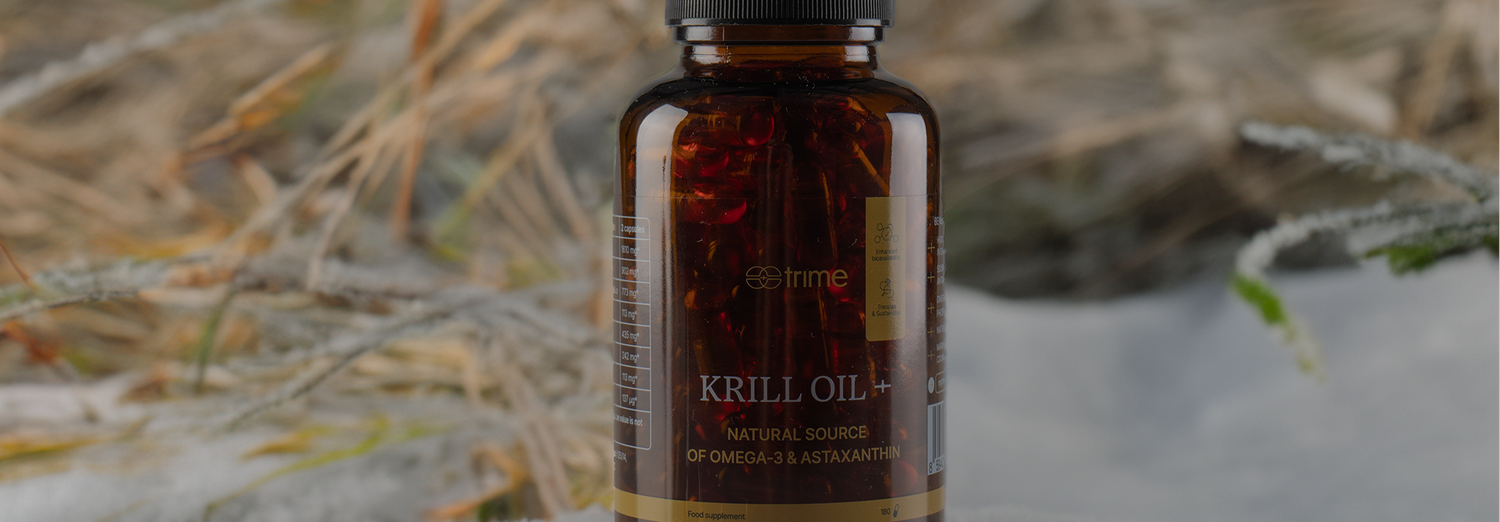
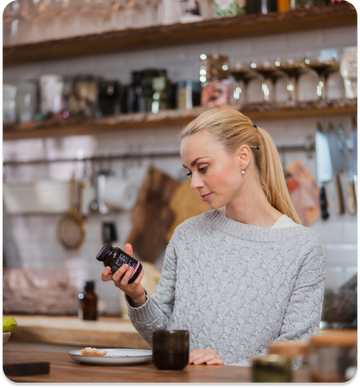

Sustainable packaging
What is the difference in the content of 30 or 90 capsules? Big! You wouldn't believe it, but the difference is up to 33%!We can compare the savings to being lit for 15 minutes or 3 hours.
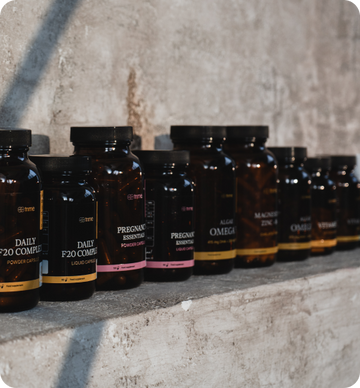

Bigger packaging, lower impact
You too can make a big contribution. How?
By making a larger stock per order, less packaging material is used and the effect is also felt in transport. If we compare an order with 3 products and 3 orders of one product, it's like shining a single light for 6 hours longer!
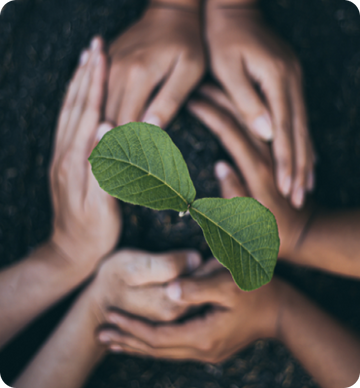

Please recycle me!
We do our best for environmental sustainability. Now it's your turn.
If we only consider the carbon footprint (i.e. no raw materials or energy), then 23 - 48% of the environmental impact depends on whether you recycle the packaging or not.
Please do it. It's easy and very important.

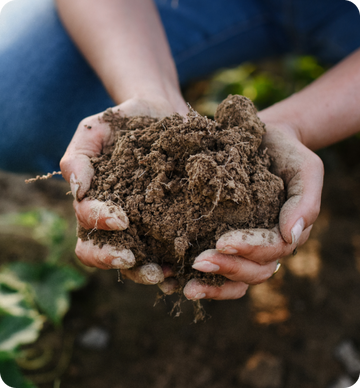

Soil
We know that soil health is crucial to our existence. We choose contractors who manage with humility for the environment. No chemicals, no pesticides, pure organic farming.
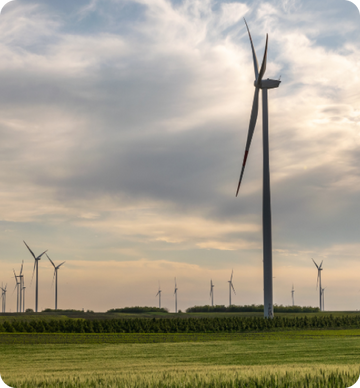

Renewable energy
Our goal is to reduce emissions at every step of the production process. Our suppliers use renewable energy sources whenever possible.
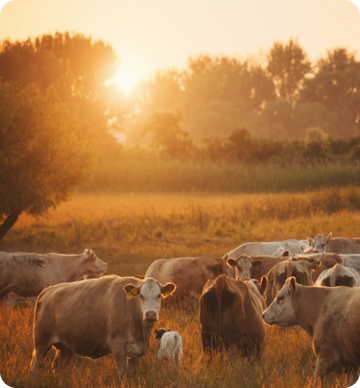

Ethical considerations
We have a clear commitment in this respect. We do not test our products on animals. We select our raw materials from suppliers who can guarantee 100% animal-free testing.
